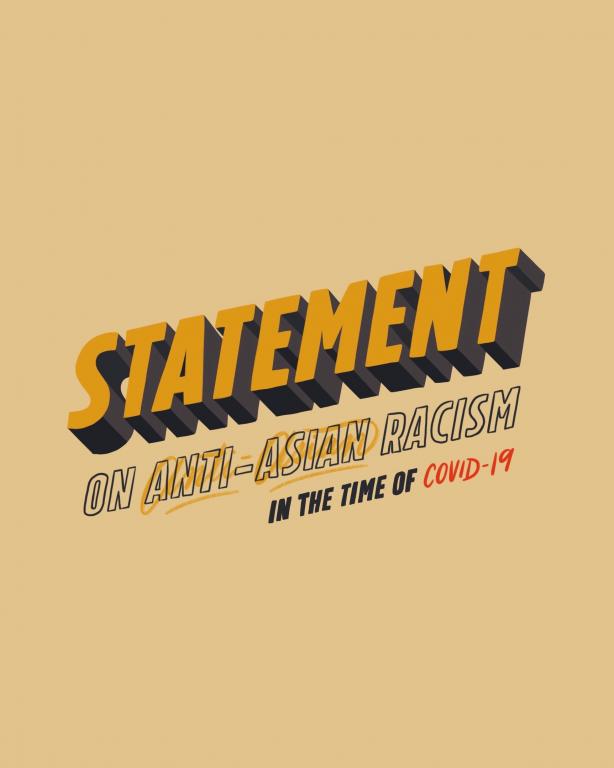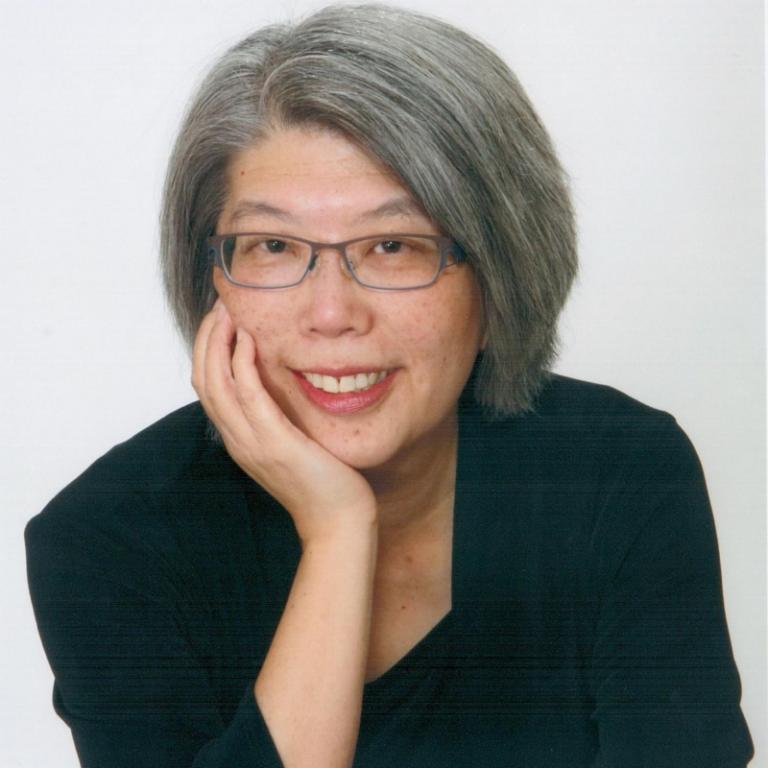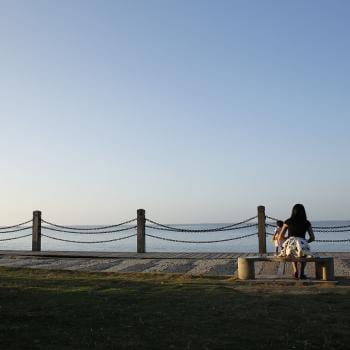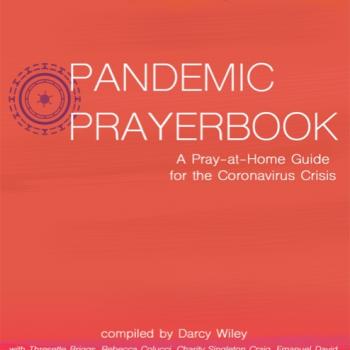
One night after dinner at a local Chinese restaurant, just as my husband and I reached our vehicle parked at the side of the road, a car of laughing young people rolled past. We heard shouts of what I can only imagine was meant to be fake Chinese, then an egg came whizzing toward us. Deliberately but poorly aimed, the egg missed us and missed our vehicle, and the car of young people turned the corner and disappeared.
At the time we shrugged it off. Just a bunch of rowdy kids in an otherwise polite Canadian community. An isolated incident that had never happened to us before or since. Yet I sometimes wonder what became of those kids, and who they might have grown up to be today. Did they learn to respect others, whatever their background? Did they outgrow their mean behavior? Were they ever sorry, or did they even remember what they had done?
Today in the midst of the coronavirus pandemic, I’m dismayed at the rise of anti-Asian incidents in the United States. Acts of discrimination. Verbal harassment. Physical assault. As if the pandemic weren’t already stressful enough—and it surely is!—Asian Americans are having to deal with this added burden of insult and injustice, unfairly blamed for a virus that is just as deadly for them as it is for everyone else.
I suppose some might say that all of this is none of my business since I live north of the border. Canada is not the United States. And in this pandemic, I’m not the one experiencing coronavirus discrimination in stores, or having racial slurs hurled at me, or being told to go back to China even though I was born here, and my family has been in the country for over a century.
But I am hardly a disinterested party. I have family and friends who live in California, Arizona, Pennsylvania, and all over. I care about the United States as my country’s near neighbor. I care about anti-Asian racism as a global problem that can spread like a virus anywhere. What’s more, in the years since that poorly thrown egg, I’ve learned to name injustice—instead of shrugging it off and quietly hoping that it will go away on its own.
That’s why I’m encouraged to see the statement released today by a collection of Asian American Christian leaders in the United States. I appreciate the statement’s breadth and clarity of thought, its biblical grounding and cultural awareness, and its call for positive and lasting change. The Statement on Anti-Asian Racism in the Time of COVID-19 is well worth your time for reflection and action. It appears below in its entirety along with links to other resources.
We are all united by this unique and unsettling time in our country and our world. In the midst of uncertainty, illness and quarantine, the members of Redbud Writer’s Guild want to call attention to another threat to the ideals of unity and compassion – the very disturbing emergence of racist reactions toward people of Asian background. As a diverse group of Christian women writers who create in community and strive to speak hope, peace, and goodness in the world, we stand up against this evil. Please join our united voices and sign in support the Asian American Christian Collaborative. https://asianamericanchristiancollaborative.com
Official Statement on Anti-Asian Racism in the Time of COVID-19
We, the undersigned, join together as Asian American Christians and community leaders to denounce the current rise in anti-Asian racism throughout our country. We call for an immediate end to the xenophobic rhetoric, hate crimes, and violence against our people and communities. We invite all Americans to join us in combating these contagions and work with us for the welfare of all.
In the last two weeks of March 2020, Asian Americans have reported nearly 1,000 incidents of racism, and without mitigation, we expect that number to rise in the weeks ahead. Many of these were violent attacks against life and human dignity, and many more incidents have gone unreported. Furthermore, despite international consensus, public outcry, and increasing racism against Asian Americans, some of our nation’s leaders are intentionally choosing nomenclature for the novel coronavirus (COVID-19), such as the “Chinese Flu,” and this is endangering the lives of more than 20 million Americans.
Harmful tropes of “yellow peril” continue to be perpetuated by the news, within institutional and popular portrayals of our people, our food, and our customs as unsafe and unwelcome. Consider, for example, images of Asian peoples in masks while reporting on COVID-19. This framing has had a negative impact on the lives of many Asian Americans, including discrimination targeting Asian businesses and enterprises in the U.S., as well as verbal and physical assaults against Asian persons. As Americans, all of our communities are living with the fear of contracting COVID-19, and as Asian Americans in particular, we also face the added fear of discrimination and violence on a daily basis. The FBI has warned that hate crimes against Asian Americans will likely increase across the United States.
Sadly, the current xenophobia surrounding COVID-19 is just the newest case study in America’s history of depicting and treating Asian people as yellow peril. Some notable past examples include, but are not limited to: Chinese Americans excluded from immigration on the basis of race and labeled as perilous in 1882; Filipino-American laborers throughout California discriminated against and violently attacked during the 1920s and 1930s; innocent American citizens of Japanese descent unjustly incarcerated en masse during World War II; Asian Americans demonized as the enemy, regardless of their ethnic origin, during the wars in Korea and Vietnam, Cambodia, and Laos, and South Asian Americans of diverse ethnicities suffering violence and discrimination alongside Middle Eastern Americans after 9/11. The Japanese American Citizens League has also testified before Congress during the wave of anti-Asian violence in the 1980s that our nation passed more than 600 separate pieces of anti-Asian legislation throughout U.S. history.
To fellow Asian Americans: we see you, we hear you, and we long for a quick end to this particular period of coronavirus-related racism. Some of you have experienced this racism personally. It has hurt our families, communities, and businesses, and we understand the pain. We know that even after medical professionals find treatments and a vaccine for this virus, we will still have to deal with the ongoing pandemic of xenophobia and anti-Asian racism. Historically, the tides of anti-Asian racism ebb and flow depending on the perception of a threat. This will undoubtedly continue, but know that we are here. You are not alone.
Throughout our history, many of us have attempted to raise awareness of anti-Asian bias and racism in the church and the broader culture. There have been many encouraging advances and movements, yet the hate and discrimination persists. While anti-Asian racism is inflamed around the globe, we also hope that our Asian American community remembers that other communities of color have experienced and continue to experience racism daily; even at times as a result of our own colorism and anti-Blackness. We ask that Asian Americans seek opportunities for solidarity with other ethnic and racial minorities and advocate for them as many have done for us, for such a time as this. Finally, for those of you who have not personally experienced anti-Asian racism, we ask that you listen, empathize, and provide support.
To Americans of other ethnicities: we thank those of you who have been standing with us during this time. We are deeply grateful to other people of color, especially those from black and brown communities, who have paved the way forward for us to pursue justice and peace. Others of you, may just be learning that anti-Asian American racism is very much alive. Seeing us raise our voices may challenge the long-held assumption that Asian Americans are so-called “model minorities.” We invite you to educate yourself, join the cause against anti-Asian racism, and be a part of the solution. It’s important for you to recognize the reality of this racism, to intervene (i.e., if you see something, say something), and to fight against xenophobic rhetoric and violence at every level.
To Christians and Christian leaders of all backgrounds: loving God through loving neighbor is a hallmark of the Christian faith (Mk. 12:31). As followers of Jesus believe that all people are made in the image of God (Gen. 1), we seek the flourishing of every human being, paying particular attention to those who are marginalized, oppressed, and suffering. This includes those who are experiencing racism. Thus, we urge you to speak without ambiguity against racism of every kind. Faithful Christian witness requires anti-racist work, and silence only perpetuates the sins not addressed. This includes going beyond shallow acknowledgement of the most obvious incidents of racism to taking responsibility in confronting the longstanding tendencies of people to discount and dismiss the realities of racism. It also includes addressing the disbelief and disobedience of your constituents who continue to ignore members of the body of Christ who are in pain and under threat. Many of us Asian American Christians have stood against anti-Asian racism during prominent incidents in and out of the church over the years, and we now ask that you join us in this gospel-centered, anti-racist work.
We call for the following:
- Engage in whole-life discipleship in your churches, and embrace the teaching and work of Jesus, by actively combating anti-Asian racism from the pulpit, in congregational life, and in the world.
- Increase awareness and education on Asian-American issues, anti-Asian bias, and Asian-American histories of oppression and resistance, from Pre-K through higher education.
- Provide culturally-competent mental health services and resources for Asian-American youth and their families in all public schools and agencies.
- Support Asian businesses and enterprises that are disproportionately and negatively impacted by COVID-19 as well as Asian-Americans in the workplace who are unfairly targeted and discriminated against.
- Hold elected officials accountable for their words and inaction. Let them know that continued use of harmful rhetoric will not be tolerated. Pray that they would heed their responsibility to protect the vulnerable from violence and oppression (Ps. 72:12-14) and pursue justice and peace (1 Tim. 2:2) for the sake of the common good (Jer. 29:7).
In this Lenten season, we remember that the Lord Jesus took on flesh to embody God’s healing and bind the wounds of the brokenhearted. By this healing work, Jesus gathers what Rev. Dr. Martin Luther King Jr. calls the Beloved Community, which embodies the interdependence and kinship of all people. So, we invite any and all who stand in solidarity with us to sign alongside us and to share this in your own personal and organizational networks. You can also join the Asian American Christian Collaborative on Facebook or go to www.asianamericanchristiancollaborative.com for resources to empower and equip you as individuals, organizations, and churches for faithful action to address anti-Asian racism. We believe in the redemptive power of the gospel as the only way for true reconciliation to fully occur, between God and humanity and across racial and social lines. May the name of Jesus be glorified as we, his collective body, pursue truth, justice, restoration, and unity.
To add your signature, please see the Asian American Christian Collaborative website.
Graphic design used by permission:
Jocelyn Chung
Graphic Designer & Lettering Artist













